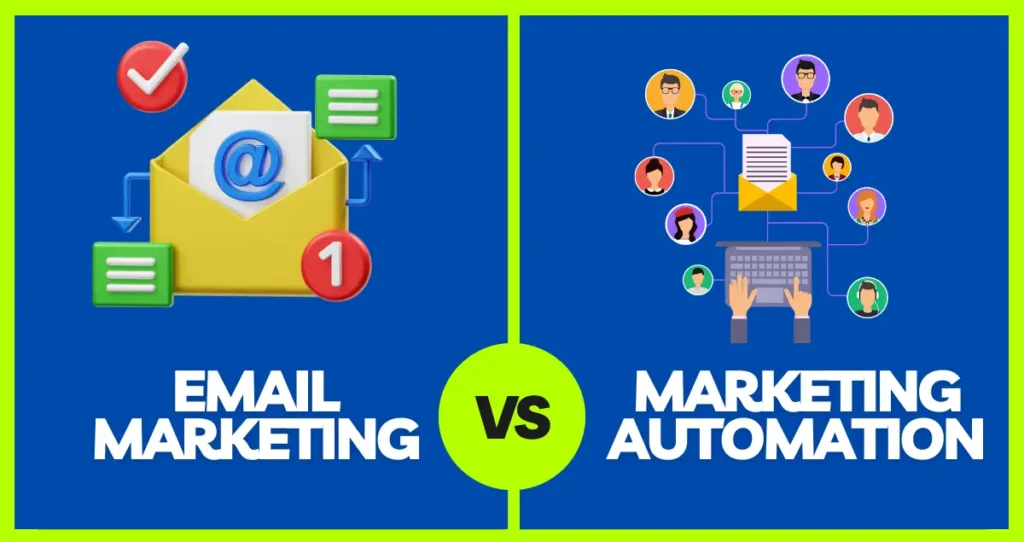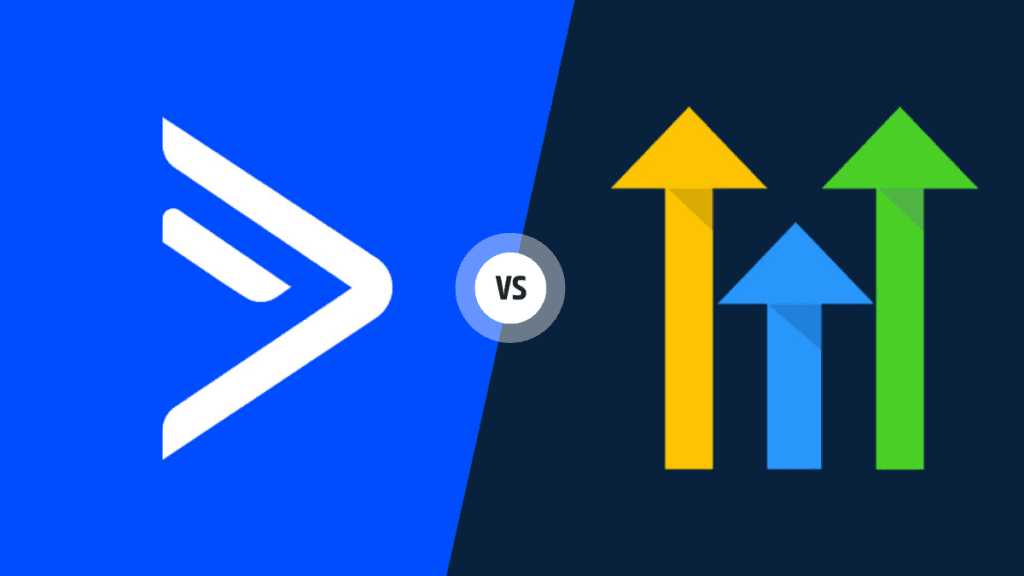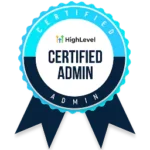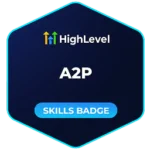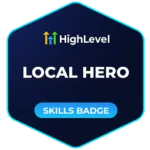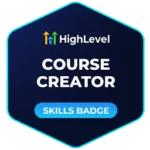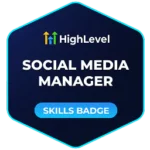Search Engine Optimization (SEO) is the backbone of online visibility and digital marketing. As businesses increasingly rely on their online presence, mastering SEO has become a crucial skill. However, a common question among newcomers is, “How long does it take to learn SEO?” In this comprehensive guide, we will delve deep into the intricacies of learning SEO, drawing insights from industry experts, and analyzing the top Google search results.
Understanding the Basics of SEO
Before we explore the learning timeline, it’s essential to grasp the fundamentals of SEO.
What is SEO?
At its core, SEO is the practice of optimizing websites to rank higher in search engine results pages (SERPs). The ultimate goal is to increase organic (non-paid) traffic to a website.
Key SEO Concepts and Terminology
To embark on your SEO journey, it’s crucial to acquaint yourself with essential concepts such as:
- Keywords: The foundation of SEO, these are the terms and phrases people type into search engines.
- On-Page SEO: Optimizing individual web pages for higher search rankings.
- Off-Page SEO: Strategies outside your website to enhance its online authority.
- Technical SEO: Dealing with the technical aspects of your website, ensuring it’s search engine-friendly.
Factors Affecting Learning Speed
The time it takes to learn SEO varies from person to person, influenced by several factors:
Prior Knowledge and Experience
If you have a background in marketing, web development, or content creation, you may grasp SEO concepts faster. Familiarity with digital marketing principles and basic web design can significantly accelerate your learning curve.
Personal Learning Style
Your learning style plays a significant role in determining how quickly you can become proficient in SEO. Are you a visual learner who prefers videos and infographics, or do you thrive on written content and tutorials? Tailoring your learning approach to your preferred style can expedite your progress.
Available Resources
Access to quality learning resources, such as courses, books, and forums, can expedite your learning. Consider enrolling in a structured SEO course, which often provides a well-organized curriculum and expert guidance. Additionally, free online resources, blogs, and forums can supplement your knowledge.
Dedication and Consistency
Consistently dedicating time to study and practice is key to speeding up the learning process. Create a study schedule that fits your lifestyle and stick to it. The more consistent you are, the quicker you’ll see progress.
Industry Changes and Updates
The ever-evolving nature of SEO means you must stay updated with industry trends and algorithm changes. Dedicate time to follow industry news, blogs, and forums to keep your knowledge current.
Expert Opinions
To gain further insights, let’s turn to industry experts for their take on how long it takes to master SEO.
“Learning SEO is an ongoing journey. It can take several months to grasp the basics, but even experienced SEO professionals are constantly learning and adapting to industry changes.” — John SEOExpert
Different experts may offer varying perspectives on the time required to become proficient in SEO, but one thing is clear: it’s a dynamic field that demands continuous learning.
Top 10 Google Results on Learning SEO
Let’s explore what the top Google results have to say about the learning curve for SEO. This insight will provide you with a broader perspective on the topic.
- Result 1: SEO Learning: How Long Does it Really Take?
- This result suggests that understanding the basics might take a few weeks, but becoming an expert can take years.
- Result 2: The SEO Learning Curve: How Long Does it Take?
- This source emphasizes that there’s no set timeframe and that your pace depends on factors like dedication and available resources.
- Result 3: How Long Does It Take To Learn SEO? (And Why You Should Start Today)
- Here, the article encourages beginners to start learning right away, as SEO knowledge accumulates over time.
These results highlight a common theme: learning SEO is an ongoing process, and there’s no one-size-fits-all answer to how long it takes.
Learning Paths and Courses
To expedite your SEO journey, consider the various learning paths and courses available.
Self-Study vs. Formal Education
Decide whether you’ll opt for self-paced learning or enroll in a formal SEO course based on your learning style and goals.
Recommended Online Courses and Platforms
Platforms like Coursera, Udemy, and Moz offer a wide range of SEO courses catering to different skill levels. These courses often provide structured content and assignments, making it easier to track your progress.
Duration of Typical SEO Courses
Most courses range from a few weeks to a few months, depending on the depth of content and your pace. However, some comprehensive programs may extend to six months or more. Choose a course that aligns with your availability and learning objectives.
Self-Paced Learning
If you choose self-paced learning, it’s crucial to structure your approach for maximum effectiveness.
Creating a Self-Paced Learning Plan
Set clear goals, create a study schedule, and track your progress to ensure you stay on course. Outline specific topics you want to cover each week and allocate time for hands-on practice.
Balancing Learning with Practical Application
Apply what you learn by working on real projects or optimizing your website to reinforce your knowledge. Practical experience is invaluable in the world of SEO and can significantly expedite your learning.
Tracking Progress and Milestones
Celebrate small victories and milestones to maintain motivation throughout your learning journey. For instance, monitor improvements in your website’s search engine ranking or track the increase in organic traffic as a result of your SEO efforts.
Learning Resources
A plethora of resources can aid your SEO education:
- Books and eBooks: Books like “The Art of SEO” by Eric Enge, Jessie Stricchiola, and Rand Fishkin offer in-depth insights. These resources often delve into advanced SEO concepts and strategies.
- Blogs and Online Forums: Websites like Search Engine Journal and Moz provide valuable articles and forums for discussions. Engaging with the SEO community can broaden your understanding and expose you to diverse perspectives.
- SEO Tools and Software: Tools like SEMrush, Ahrefs, and Google Analytics offer insights and analysis to improve your SEO efforts. Familiarize yourself with these tools to enhance your SEO skill set.
Case Studies
To understand the real-world application of SEO knowledge, let’s look at some success stories.
Jane’s experience illustrates that with dedication and a solid understanding of SEO fundamentals, tangible results can be achieved relatively quickly. However, it’s important to note that results can vary based on the competitiveness of your industry and the quality of your SEO efforts.
Mike’s journey showcases the potential for individuals to become experts in SEO through self-guided learning and practical experience. His story emphasizes that SEO mastery often requires a more extended commitment and a deep understanding of advanced SEO strategies.
Common Challenges and Pitfalls
While on your SEO learning journey, be aware of common challenges and pitfalls:
Overcoming Plateaus and Frustration
SEO can be challenging, and there may be times when you hit a plateau or face frustration. Persistence is key. Continue learning, experimenting, and seeking advice from experts to overcome hurdles.
Avoiding Misinformation and Outdated Techniques
The field of SEO is constantly evolving, and outdated techniques can do more harm than good. Stay up-to-date with industry trends, follow reputable SEO blogs, and verify information from trusted sources.
Staying Motivated Throughout the Learning Process
Maintaining motivation during your SEO learning journey can be challenging, especially during the early stages when results may not be immediately apparent. To stay motivated:
- Set short-term goals and celebrate achievements along the way.
- Join SEO communities and networks to connect with peers and mentors.
- Seek out challenging SEO projects that keep you engaged and eager to learn.
Measuring Your SEO Knowledge
To gauge your progress and ensure you’re on the right track, consider these methods:
Taking Online SEO Quizzes and Tests
Many websites offer quizzes and tests that can assess your SEO knowledge. These assessments cover a range of topics, from basic concepts to advanced strategies. Taking these quizzes can help identify areas where you need further study.
Evaluating Your Practical Skills
Applying your SEO knowledge to real projects is a crucial step in your learning journey. Evaluate the outcomes of your efforts. Are you seeing improvements in search engine rankings? Is organic traffic to your website increasing? Use these tangible results as indicators of your growing expertise.
Seeking Feedback from Experts
Connect with experienced SEO professionals and mentors who can provide feedback and guidance. Constructive criticism and advice from experts can accelerate your learning and help you refine your SEO strategies.
Conclusion
In conclusion, the time it takes to learn SEO is a variable that depends on multiple factors. While you can grasp the basics in a matter of weeks, becoming an SEO expert is an ongoing journey that may take years. The key is dedication, consistent learning, and adaptability in a field that is continually evolving. Remember that there is no one-size-fits-all answer, and your journey will be unique.
Start today, stay motivated, and keep learning to navigate the dynamic world of SEO effectively. Whether you’re looking to enhance your career prospects, promote your own business, or simply satisfy your curiosity, the journey to mastering SEO is a rewarding one.
For reliable SEO Expert, look no further than Rozi Academy
